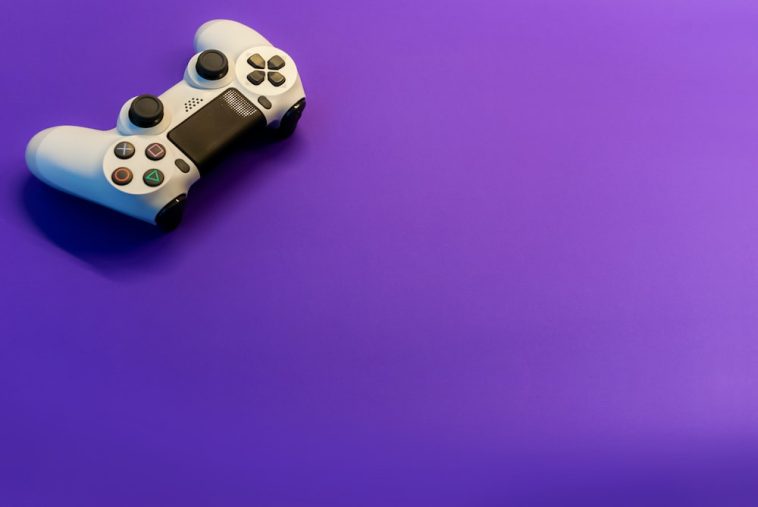Introduction.
Gaming is a fantastic escape. It’s thrilling to dive into a game, but nothing breaks the flow more than lag or stutters caused by high CPU usage.
When your CPU is overloaded, your games can slow down, freeze, or even crash entirely. The good news? There are ways to fix it and make gaming smooth again.
If you’ve noticed your CPU running hot or games feeling sluggish, you’re not alone. High CPU usage is a common problem, especially as games become more demanding.
Understanding why this happens and what to do about it can make a world of difference.
Let’s break it all down and get your gaming back on track.
Why Does CPU Usage Matter in Gaming?
The CPU is like the brain of your computer. It handles instructions, calculations, and communications between different components.
When your game, your CPU juggles tasks like AI calculations, physics simulations, and background processes.
If your CPU is overworked, it doesn’t have the bandwidth to keep your game running smoothly. This can lead to:
- Frame drops: The game looks choppy instead of fluid.
- Higher temperatures: Overheating can damage your hardware over time.
- Crashes: A completely unplayable game.
To fix this, you need to optimize how your CPU is used. Let’s go over some practical ways to make that happen.
How Do I Reduce CPU Usage While Gaming?
1. Close Background Programs
Before launching a game, check what else is running. Programs like web browsers, chat apps, or even antivirus software can hog CPU resources.
- On Windows, open Task Manager (
Ctrl + Shift + Esc) to see what’s consuming your CPU. - End unnecessary tasks, especially ones using a lot of CPU.
2. Update Drivers
Outdated drivers can cause inefficiencies. Make sure your GPU, chipset, and other hardware drivers are up-to-date.
- Visit your GPU manufacturer’s website (e.g., NVIDIA or AMD) for the latest versions.
- Don’t forget to update Windows itself. Bug fixes and performance improvements are often included in updates.
3. Adjust In-Game Settings
Many games let you tweak settings to reduce the load on your CPU. Look for options like:
- Lower shadow quality: Shadows are often CPU-intensive.
- Turn off unnecessary effects: Features like motion blur and ambient occlusion can be disabled.
- Cap your frame rate: Unlimited frame rates put extra strain on your CPU. Locking it to 60 FPS or your monitor’s refresh rate can help.
4. Enable Game Mode (Windows)
Windows has a built-in Game Mode that prioritizes gaming performance. To enable it:
- Press
Windows + Ito open settings. - Go to Gaming > Game Mode and toggle it on.
This minimizes background activities while you’re gaming.
5. Upgrade Your Cooling System
If your CPU is overheating, it may throttle itself to avoid damage, leading to high usage. Consider:
- Cleaning your PC to remove dust from fans and vents.
- Upgrading to a better CPU cooler.
- Applying fresh thermal paste to improve heat transfer.
6. Disable CPU-Intensive Services
Some Windows services aren’t essential for gaming and can be disabled. For example:
- Superfetch/Prefetch: Useful for speeding up app launches but not gaming.
- Windows Search: Indexing files takes up CPU power.
To disable services, type services.msc in the Start Menu, find the service, right-click it, and select Properties.
7. Check for Malware
Viruses or malware can secretly eat up CPU resources. Run a scan using reliable antivirus software like Windows Defender or Malwarebytes.
8. Consider Hardware Upgrades
If you’ve tried everything and still face issues, your CPU might not be powerful enough for modern games. In that case:
- Upgrade to a CPU with more cores and threads.
- Ensure your RAM and GPU are also up to par for a balanced system.
FAQs
Q: How can I tell if my CPU is the bottleneck?
A: Use performance monitoring tools like MSI Afterburner or Windows Task Manager. If your CPU is running at or near 100% while gaming, it’s likely the bottleneck.
Q: Does overclocking help reduce CPU usage?
A: Overclocking can improve performance, but it also increases heat output. Use it cautiously and ensure you have adequate cooling.
Q: Should I disable the antivirus while gaming?
A: Disabling antivirus might free up CPU resources, but it’s risky. Instead, use a gaming mode if your antivirus software offers one.
Q: Can upgrading my GPU reduce CPU usage?
A: A more powerful GPU can shift some load off the CPU, especially in games that rely heavily on graphics.
Wrapping It Up
Reducing CPU usage while gaming is all about balance. From optimizing your settings to ensuring your hardware is up to the task, every little tweak adds up to a smoother gaming experience.
Start with the easiest fixes, like closing background programs and adjusting in-game settings. If those don’t work, look at upgrades or more advanced solutions.
Now it’s your turn—what’s the biggest issue you’ve faced with high CPU usage while gaming? Let’s chat in the comments!




GIPHY App Key not set. Please check settings